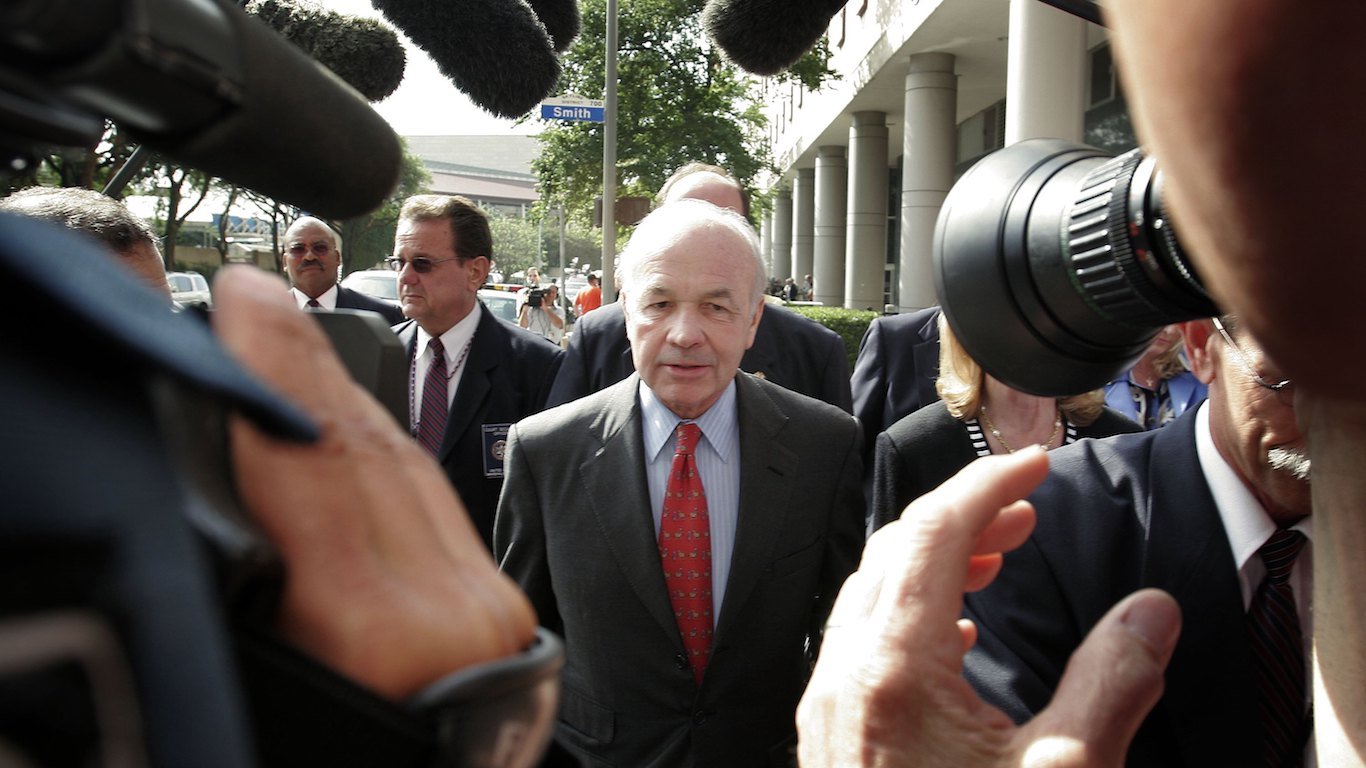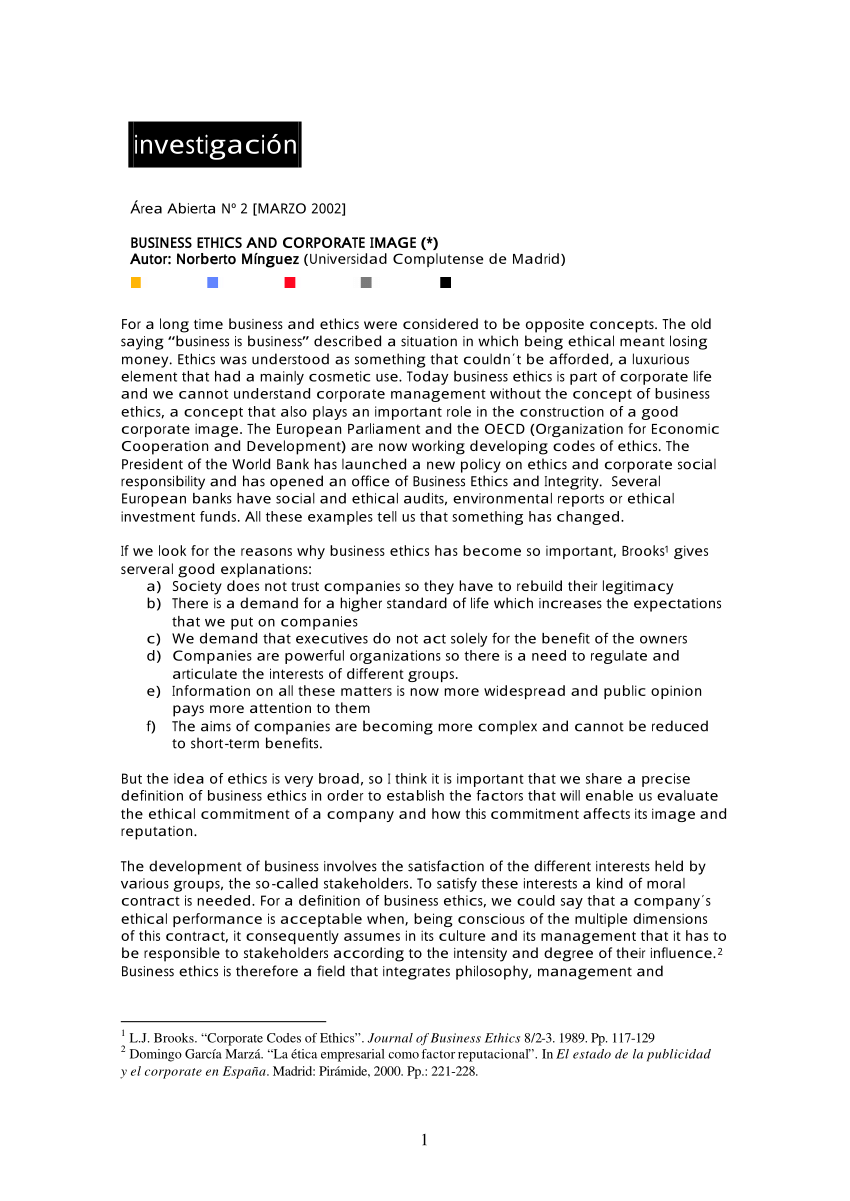

In order to meet the whistleblower requirements of the Sarbanes-Oxley Act, the employee must have had a reasonable belief that the company has engaged in or will engage in conduct violating one of the enumerate categories of law and regulations, adverse action was taken against them, and that the employee’s reports were a contributing factor in the adverse action.īabyak, the whistleblower, brought his concerns to his supervisors after the company implemented an illegal kick-back policy of referring patients to doctors only if the doctors purchased Cardiovascular Systems’ products.

Successful whistleblowers are entitled to recover their attorneys’ fees and costs under SOX. The Sarbanes-Oxley Act prohibits a publicly traded company, or any contractor or agent of such company, from retaliation against an employee who blows-the-whistle on what she reasonably believes to be a violation of statutes prohibiting mail fraud, wire fraud, bank fraud, securities fraud, any rule or regulation of the Securities and Exchange Commission (SEC), or any provision of Federal law relating to fraud against shareholders. This criminal violation is punishable on the first offense by a $25,000 fine or up to 5 years in prison.

The Anti-Kickback Act prohibits the exchange of anything of value in an effort to reward referrals of business. Babyak, a former sales manager for the company, argued that he was retaliated against, culminating in termination, after making complaints about a hostile work environment and violations of the Anti-Kickback Act and securities laws under the Sarbanes-Oxley Act. In April, a Los Angeles County jury awarded $22.4 million in punitive damages (that was later reduced to $2.27 million) along with $2.7 million in lost past and future wages to Steven Babyak in a whistleblower retaliation and wrongful termination case against Cardiovascular Systems, Inc (CSI).


 0 kommentar(er)
0 kommentar(er)
